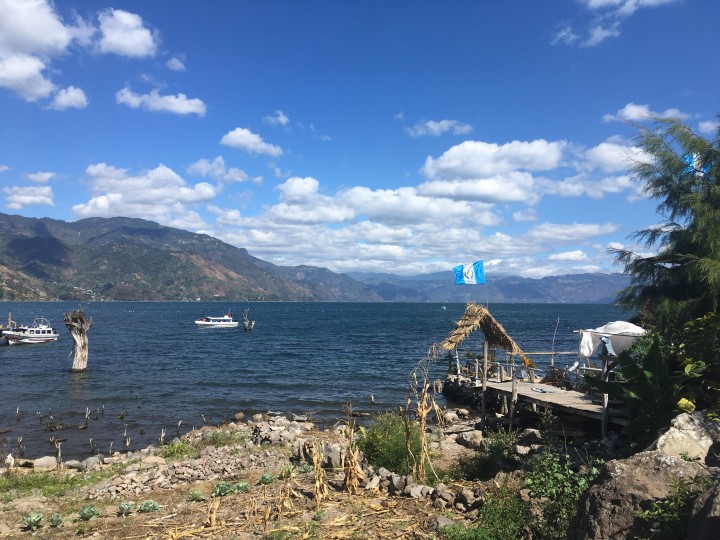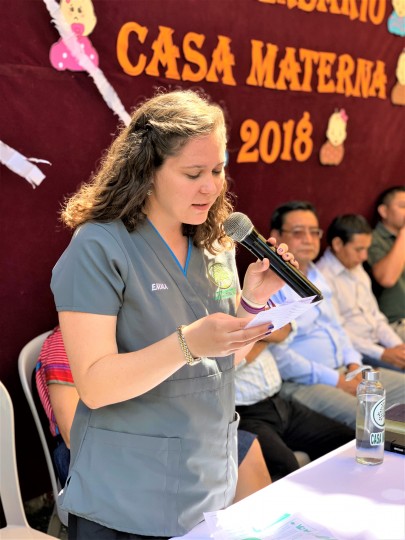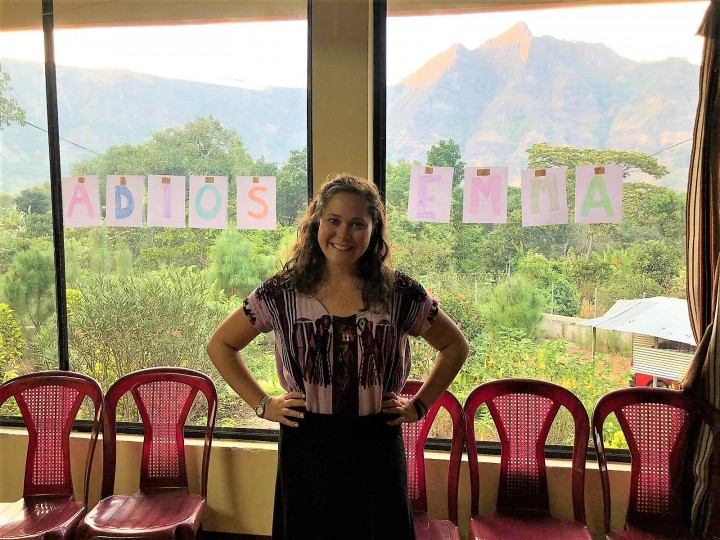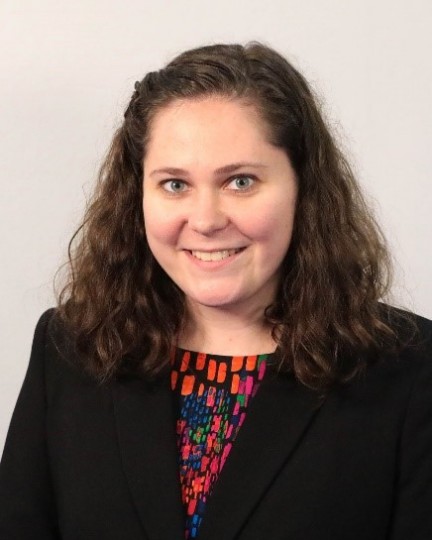My first opportunity to live abroad was in Moshi, a town at the base of Mount Kilimanjaro in Tanzania, for a summer study abroad as part of my minor in global health at Cornell University. I loved living with a host family, taking a course with Tanzanian medical students, and interning at a reproductive health non-governmental organization (NGO). I was exposed for the first time to many of the everyday health challenges and outcomes in a developing country, including limited access to clean water and sanitation, poor nutrition, and orphans due to the HIV/AIDS epidemic. This experience showed me how I could view my background in biology and health through a social justice lens and inspired me to pursue a career in public health.
After college I worked domestically for the Centers for Disease Control and Prevention (CDC) through the Public Health Associate Program. This opportunity is a two-year, paid training program open to recent graduates who are assigned to public health agencies and NGOs in the United States and U.S. territories, and work alongside other professionals across a variety of public health settings. I was assigned to a local health department and worked on projects related to injury prevention, maternal and child health, and epidemiology of infectious diseases. I worked an additional year at the CDC stationed as a quarantine public health officer at an international airport, ensuring disease prevention and control at the border for international travelers, refugees, and immigrants.
After three years of working in public health, I returned to graduate school and focused on global disease epidemiology and control at Johns Hopkins Bloomberg School of Public Health. I completed my master’s practicum abroad in Malawi and decided that I wanted to continue working abroad after graduation. I learned through my professional network – specifically, the Global Maternal Child Health Network, a working group of the American Public Health Association – about the opportunity to work in Guatemala at a Casa Materna, a community-owned birthing center. Casa Materna seeks to provide critically needed, culturally appropriate medical services and education to impoverished mothers and babies in the rural mountain region of Lake Atitlan. Due to the lack of affordable maternal and newborn medical services and the traditional preference for home births, this region has one of the highest maternal mortality ratios in the Western Hemisphere. I decided to pursue this opportunity, knowing it would challenge me in many ways and also add valuable field experience to supplement my formal education.

Lake Atitlan in Guatemala
As the in-country director of operations at Casa Materna, I monitored activities to ensure compliance with protocols, evaluated the clinical services provided, and worked to build capacity with local staff and the community to prevent maternal and neonatal mortality. I also promoted public awareness of maternal-infant health and the services of the Casa Materna through data visualizations and communications with donors. While graduate school had prepared me to understand global health, epidemiology, and program implementation, applying it in context as the only non-local clinic staff was a different story. As I struggled with cultural challenges daily, I gained a deeper understanding of the broader context of global aid and health program implementation.
As one example out of many, I learned Spanish in high school and college and spoke it casually before moving to Guatemala. I realized quickly that it was challenging to communicate [in Spanish] in a new place due to different accents, regional slang, and cultural ways of communicating. I spent a lot of time listening to my colleagues and people around town and I started meeting with a Spanish teacher a few times each week to help me review grammar, expand my vocabulary, and simply converse. Over time, my language skills developed to a proficient level of professional and personal communication. And as much as I dislike public speaking, I volunteered to share information on our clinic statistics in Spanish at the two-year anniversary celebration of the Casa Materna. I was able to grow through this experience in ways that were unique to working in the field.

Emma Brofsky sharing her clinic’s accomplishments at the two-year anniversary celebration
The greatest reward of working at Casa Materna was knowing that we helped each woman we saw by providing her with prenatal vitamins, an ultrasound, a ride to the hospital, or a safe place to give birth. I know how hard this organization is working to build capacity for and access to maternal and newborn health, even if it feels like it is moving slowly – or “paso a paso,” [“step by step”] as we say [in Spanish].

Emma in Guatemala on her last day
My experiences in Tanzania, Malawi, Guatemala, and domestically have been critical to my perspective on serving resource-poor communities. Wherever my career journey takes me, I return to that goal of reducing disease burden and increasing access to health services in vulnerable populations. This brings me to my time as a STAR Intern, where I am taking more of a big-picture look at how the U.S. President’s Malaria Initiative supports malaria programs in 27 countries across Africa and Asia. I have focused on what I learned in graduate school as useful background information and skills for this work, but what I learned in the field is vital to understanding the context in which our team and Missions work. Our work is guided by the Journey to Self-Reliance: to help countries solve their own development challenges by empowering host-country governments and partners to achieve locally sustained results, helping countries mobilize public and private revenues, and strengthening local capacities. In my field experiences I have observed and worked on several of these challenges in order to truly realize this goal.
My advice to students and young professionals who are thinking of working abroad is to be open to new experiences and be ready to learn on the ground. There is only so much you can know beforehand about a country (check out www.cdc.gov/travel and www.travel.state.gov for health and safety information before you go), and the best way to learn is to build relationships with the people who live there. And practically speaking, be sure to get a headlamp, carry toilet paper and hand sanitizer with you, and get over any fears you have of spiders!
Have you worked abroad and have practical tips to share from your experience? Join the conversation by following us on Twitter @GHSTAR_Project. Connect with Emma on LinkedIn.

Emma Brofsky
STAR PMI Private Sector Engagement Intern in USAID’s Global Health Bureau, Office of Infectious Disease, Malaria Division (Alumna)